Rev. Dr. Elbert Ransom, Jr.
2019 Choral Arts Humanitarian Award Recipient
Transcript from Rev. Dr. Elbert Ransom, Jr.’s speech at Living the Dream…Singing the Dream on Sunday, February 17, 2019 at the John F. Kennedy Center for the Performing Arts.
DR. YSAŸE M. BARNWELL
Every year, I’m so amazed and so excited by the music and by all of you who come so loyally and enjoy what’s going on. And I’m also very, very pleased to be presenting this award. Choral Arts began honoring individuals who embody Martin Luther King, Jr., his spirit of reconciliation and peace and brother and sisterhood with the Annual Humanitarian Award, which began in 2004. The award is presented with great joy at this celebratory concert each year. I would like to recognize my fellow previous awardees, including Congressman John Lewis. Charlayne Hunter-Gault, Dr. Bernice Johnson Reagon, the Reverend Doctor C.T. Vivian, Bryan Stevenson, Ruby Bridges, and Lonnie Bunch.
We are blessed that previous awardee Marian Wright Edelman is with us tonight. I think she is in this area, but I’m not able to see her well.
We also remember those awardees who have passed away, but those whose lives live on within us, including Dr. Dorothy Height, Harris Wofford, Julian Bond, John Doar, Nelson Mandela, and Choral Arts founder, Norman Scribner. Norman, as you may know, first conceived a choral tribute to Dr. King in 1969, in his words that nothing surpasses the power of music to knit together our differences, heal our wounds and inspire our spirits. It’s been said that the Reverend Dr. Elbert Ransom, Jr. reaches out to everyone. He makes everyone a part of his life, and what a life.
As a civil rights activist in the fifties and the sixties and aide to the late Martin Luther King, Jr., he was there at the most pivotal moments in the civil rights movement. He often rode the same bus as Rosa Parks did. He aided Dr. King in the organization of the Montgomery bus boycott. He also aided Dr. King as an organizer of the March on Washington and the Selma to Montgomery Voters’ Rights March. These moments are only the tip of the iceberg of the remarkable moments that Dr. Ransom has borne witness to, leading to Dr. Ransom’s long and storied career as an ordained minister, an international lecturer, author, seminary instructor, and musician. Holding all of these things together, it is with the spirit of the values of tolerance, respect, and appreciation of all differences that I am honored to present tonight’s Humanitarian Award to the Reverend Dr. Elbert Ransom, Jr.
REV. DR. ELBERT RANSOM, JR.
My my goodness. It feels very good to be back on the stage. Over many years, I felt I was born to be on the stage to entertain and to inform, and I’m happy to be here tonight to see all of you, my friends.
“Let me live in a house by the side of the road, where the races of men go by, some who are good, some who are bad, but not as good or as bad as I. I sit not in the scorner’s seat nor hurl the cynic’s ban, but let me live in my house by the side of the road and be a friend to man.”
I lifted a word from the gospel, the gospel according to John, and there is a verse John 1515. Jesus says, “Henceforth I call you not servants, for the servant knows not what his father doeth; but I have called you friends for all the things I have heard of my Father I have made known unto you. ”
I want to say a few words and not take very long, but I want to be informative so that when you leave, you will know that you have been under the voice of a man who has been there, seen that and done that.
When I was a young lad growing up in the South, I would struggle with my dreams of living in New York City. Having never been there during that period of my life, I nourished my thoughts with living in that great, exciting city. I grew up with an insatiable love for music and the glamorous life this city offered. Regardless of race, color, or creed, I was ready to depart from the South, do great musical things. And at that time, I worked six days a week after school at my father’s and my mother’s dry cleaning establishment. It was time to give it up.
During the years of my development, I lived with the hope in my heart of going to New York, but when God gets into the mix, everything that I planned turned into preparations for me not going to New York City. After I was graduated from high school, I was offered four scholarships in music and accepted one in Montgomery, Alabama. Because of the racist practices there, its nickname became “the cradle of the Confederacy.”
This was to be my training and proving grounds for what was up ahead. In July of 1954, I boarded a train called the City of New Orleans from the marsh and swampy lands of Louisiana to the red clay hills of Montgomery, Alabama. And because I did not give much attention to my early geography, boy, I thought I was headed to the northern side of the Mason-Dixon line.
It didn’t take long for me to know that I was still in old Dixie. And I met a man who introduced me to a friend of his, who was also one of my music teachers. This new friend was also new to the community and his name was Martin Luther King, Jr. As he became the new pastor of Dexter Avenue Baptist Church, I became very close to the family, mopping and waxing floors, babysitting and serving as an escort. When King chose and went to meetings, we spent much time together talking about the divided times between black and white people. It never seemed to be right to him or me. Was it because of the 467 years after Columbus for making questionable discovery of this new land, or was it the hateful ignorance of the people who wanted this land all for themselves, white and rich? But the historical day came on the afternoon of December 1, 1955, when Rosa Parks sat down on the bus in the right seat. She was ordered by an overzealous bus driver who summoned the police to arrest her.
The momentous Rosa Parks arrest commenced the first act of the American Civil Rights Movement of the nineteen- fifties and sixties. I served the movement as an early student organizer and movement coordinator throughout my activities. It was my cousin, Medgar Evers, and Martin Luther King, Jr. who encouraged me to give up the movement, and give some of my time while a student at Alabama State College for Negroes. I could see God’s hand in all of my actions throughout the world, and pressing me toward peace and love. And peace is the will of the mightiness of God and God’s faithfulness and serving Him in leadership. At this time, I am extremely happy to thank my very dear friend Ralph Alan Herndon at the keyboard.
Thank you for your applause, but he’s a little mischievous too. I conducted his wedding a couple of years ago, and I can’t help it; I don’t know why, but in the middle of the wedding I got tickled and laughed and the audience broke up. I could not see Ralph getting married.
And I told his wife, his wife, she was not his wife then. I said, “Look, I’ve known Ralph a little longer than you and I know what Ralph is up to. And if he ever tells you, he’s going to the store to get a loaf of bread and does not come back in three weeks, something is wrong.”
And so Ralph has had a happy marriage, and I’ve checked on him every day.
We talk on the phone twice a day, everyday. And Ralph is a dear friend and one whom I cherish very deeply. Well I’m here with my darling wife, Louise, and our children, Angela and Kenny Jones and their two boys, Jordan and Joshua. Gregory and Marty, my son, they’re here with their family, Adys, Damien and Evan, who make up this wonderful and loving audience. Never forget to love and give peace. God bless the soul of your humble servant, Martin Luther King, Jr.
There’s something I left out that you need to know doing those times when I spent serving as an escort. We loved to stop for lunch. And Martin was quite a man for eating. Collard greens, boiled corn, any kind of pork or chicken. And he enjoyed that, and we enjoyed it. And I enjoyed it cause I did not like the dormitory food.
But I had a good time. And to be frank with you, I hardly knew where I was and what I was doing there. But I did realize that God changed my path and gave me a better route to doing the things that he wanted me to do. And so I got busy and I got myself involved in the seminary, learning more about what God wanted of me. And then I went to the State Department to spread the word of God throughout the entire world. So people would understand God is. He lives every day in my life. He teaches, He preaches and He gives me a chance to work out the things that He has called me to do.
That is something that I remember, and always want to remember. And if we never see each other on this side again, on the other side, you tell Peter when you get to the gate, that Bert will be coming along shortly and wait for me!
God bless you.


